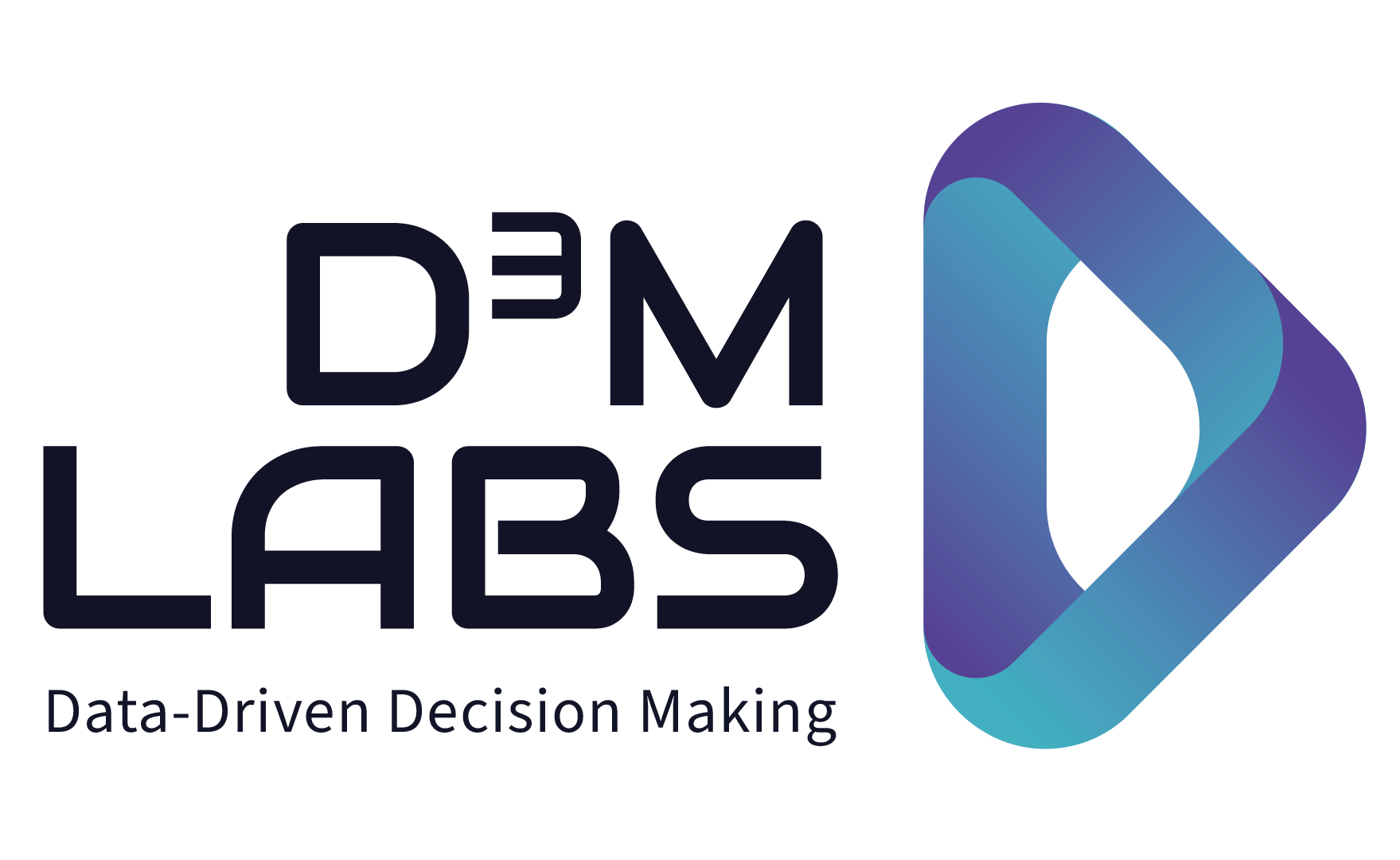How did you decide to pursue a career in finance?
I made the decision in Tokyo! I did Japanese as part of my degree and spent some time in Japan working in ski resorts and beaches. While I was working on the ski slopes, I met some guys who were working in FOREX (foreign currency exchange). Through these connections, I was given the opportunity to sit with traders at a couple of banks. It was like an unofficial internship. The experience made me really excited about finance.
When I returned to Australia I did a Masters Degree in Finance. When I graduated in 2011, it was the height of the global financial crisis, which had started in 2008. Instead of banking, I joined. I joined an oil and gas company in Brisbane as a business analyst. In 2014 the oil price collapsed and a lot of people, including myself were made redundant.
Eventually I made my way to finance in London. I had moved to the UK to live in Europe and found a job working as a banking operations analyst with Bank of America Merrill Lynch on the fixed income sales desk.
I enjoyed the data aspect of the banking operations analyst role more than the process mapping aspect. This is where the interest in data started.
What does a business analyst do?
A business analyst exists in the project management world. It is a translator role. They have the relationship with stakeholders, translate the business requirements into tech requirements and hand that over to the project team.
What does a banking operations analyst do?
On the trading floor, sales teams are on the phones to clients yelling and screaming with big screens, Bloomberg terminals, all that.
My job was to provide market analysis and give the desk heads performance analysis on their teams and projects, and to help with compliance. It was a heavy reporting role.
How do these jobs differ and / or overlap with that of a data analyst?
The day-to-day of a banking operations analyst on a trading floor and a data analyst in e-commerce is rather different, but the skills sets are certainly transferable.
In both roles, you are looking through large and often disjointed data sets with the goal of discovering patterns and opportunities and patterns. Identifying opportunities and communicating them back to business partners along with recommendations is key in both roles.
When did you decide to enter the data field and why?
I began working with data in the oil and gas company.
One of my first tasks was as a business analyst helping to build a CRM system for a large oil and gas company. Once the product was built and being used, I sort of fell into being the superuser, which meant providing people with the data from the system. I was responsible for all of the reporting requirements and analysis. From being a business analyst, I turned into a data analyst.
What was the biggest difference between tech and the trading floor?
Tech is a lot more chilled out than a trading floor!
In banking you can’t make a mistake. If you have a decimal point out of place, they’ll kill you. (joking).
There are no beer taps in the kitchen at a bank, as there were at WeWork.
I never wore a suit in tech. I wore a suit and a tie every day in banking.
There is very little room to make a mistake in banking and when you do, you’re often in trouble. In tech, it’s almost an expectation that things will fail and that you take failure into iteration, test again and try. In tech, there’s not only more forgiveness, but almost an expectation that things will fail. In tech we use failure to learn and iterate, it’s part of the process. Which I really like about tech.
What do tech and trading have in common?
Data is at the heart of everything you do.
Other than the skill sets required for success, very little, if anything!!
You worked at Pizza Hut Digital Ventures. How was it managing a data department at a brick and mortar company going digital?
Great Question! Oftentimes it can be very challenging. In many legacy businesses, such as Pizza Hut, data and analytics was treated as a service desk, rather than a business or product function. It can be difficult to bring stakeholders along for the journey when trying to educate that the organization needs to become data centric / data led.
You have to be able to bring different perspectives, cultures and different levels of knowledge of technology along for the ride.
My data team had to convince the stakeholders in the bricks and mortar that our data had more weight than personal experience.
When you are in a data team, you are working on scale, so you don’t get to see just the performance of one area, but of the entire world.
What advantage does having a financial and business background give you when managing a data team?
Data problems are business problems. Being able to communicate and frame problems or opportunities in terms of how they impact the business can be very beneficial.
A lot of people think that data is a technical problem. I think data is a business problem. To succeed in data on any level, you need to understand business problems and use data to drive home business outcomes.
Why is viewing data as a technical discipline problematic?
Understanding of data as a technical problem and not a business problem is a complete misunderstanding of the power of data.
The problem is often twofold:
- Lack of data literacy: You have business stakeholders who are not data literate. They see data as a reporting or technology function.
- Focus on tech, not business and communication: Many people come into data very interested in the technology side of it. They are very smart, bright mathematical people who lack business knowledge and most importantly stakeholder communication skills.
Personally, I think that the data team should be your number one revenue generating team. No decision should be made without data.
I consider customer research as qualitative data and quant data that is indicative about what customers are doing.
What non-technical aspect is also important for a data leader?
Emotional Intelligence.
People’s brains work in different ways. EQ is what is essential in being empathetic and essential leadership.
My super power is EQ. My team and I loved working together. My strength is people.
What might people get wrong when assuming hands-on skills are necessary for senior leadership in data?
Like all leadership roles, data leaders too need to understand their discipline, but instead of being the ones in trenches everyday, they need to be sitting with other leaders so that they can advocate for the data discipline.
If they are busy ‘doing’ all day long, there is little time for them to be effective leaders and advocates.
How should a senior data leader be measured?
- How has the data function enabled the business to grow? In some respects this is directly measurable through experimentation etc. and in other respects the contribution of data to growth might be less clear. There needs to be metrics in place that the data leader is responsible for ensuring people keep their eye on.
- How well is data understood across the organization? Have we managed to level up the data literacy of our teams? Can we benchmark this at a point in time? Everybody in the business needs to understand what the data is telling us about the business. Data leaders are responsible for non-data people’s understanding of data.
Who should they report to?
CEO or Chief Digital Officer
Data needs to have a seat at the top table. Data is crucial to the business, so if you don’t have a data evangelist sitting at your top table, you don’t have your eye on data.
I think in a large organization, there should be a Chief Analytics Officer. The CAO sounds more like somebody who does analysis, asks questions, finds the answer to things rather than managers raw data. They can even be two different people.
What are some secrets to your success?
I got to stand on the shoulders of a fantastic data team.
The service desk mentality was something that I fought tooth and nail against. I raised awareness of the important role data needs to play across all areas of the business and protected the team from unnecessary busy work that would come across their desk so often.
It might sound like micromanaging, but all requests had to go through me and 9 times out of 10 I ended up saying no.
Why?
Because the person requesting would have been able to get their own data in our self-service tools and reports or they could have done the task themselves.
If the business relies on the data professionals telling stakeholders the answer to every question, it is not a data literate business.
Who is Tristan J Burns?

Tristan is formerly a senior data leader within a US $1BN+ global E-commerce business. He is highly analytical and has over 15 years experience in data, financial analysis and strategy roles. He hs data experience from startups, scale-ups and the high pressure world of banking where he worked for one of Wall Street’s most well known banks: Bank of America Merrill Lynch.
Tristan is deeply passionate about technology and startups and has been endorsed by the UK’s Tech Nation as a Global Talent in Tech. He speak frequently at tech events and have experience as a founder having started two marketplace businesses.
LinkedIn Profile for Tristan J Burns
D3M Labs
The Future of the Analyst, Part 1: Elevating the analyst – an interview with João Sousa
The Future of the Analyst, Part 2: From analyst to CEO – an interview with Alfredo Carreras
Analysts are often aspiring leaders — the results of a D3M Labs Poll
